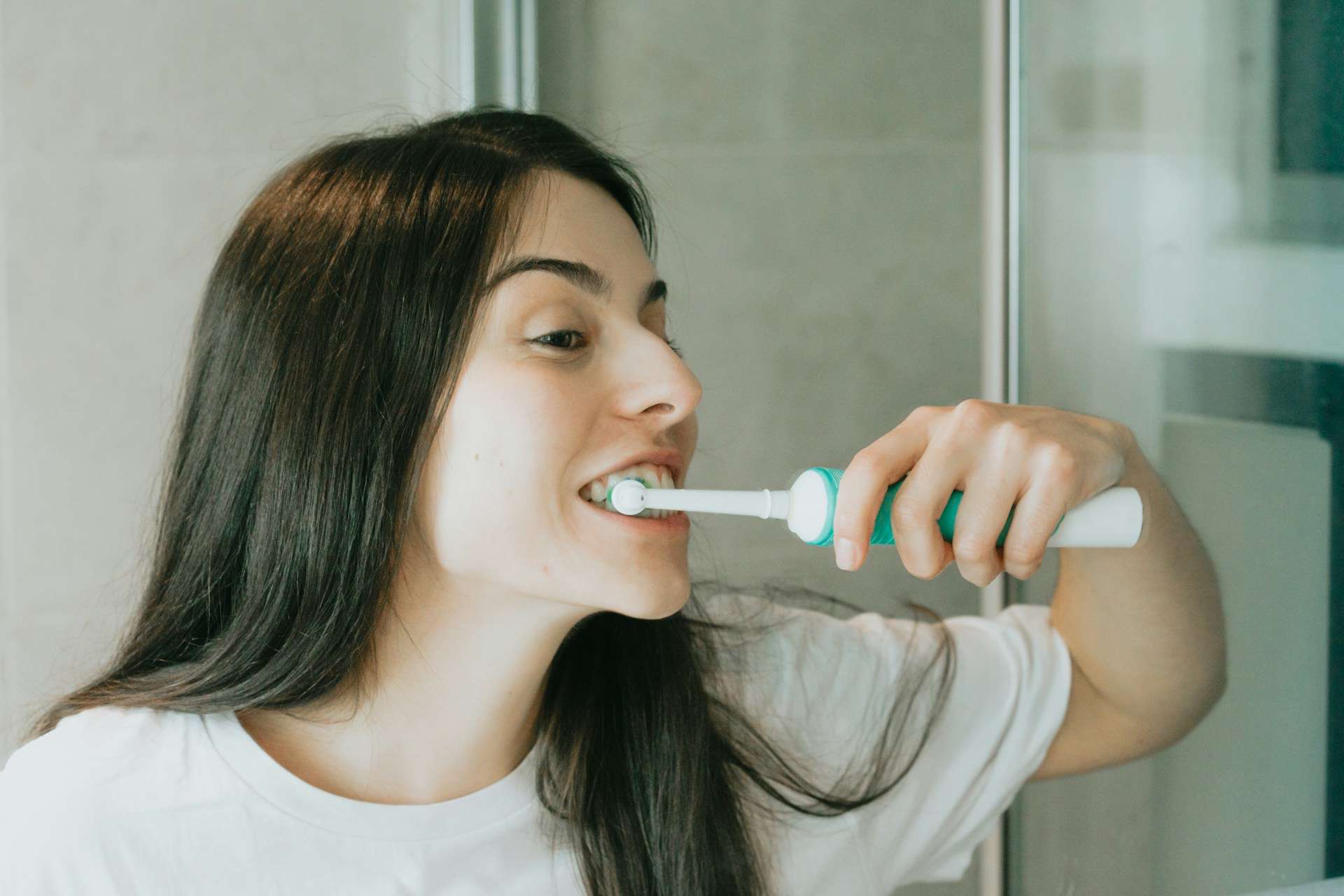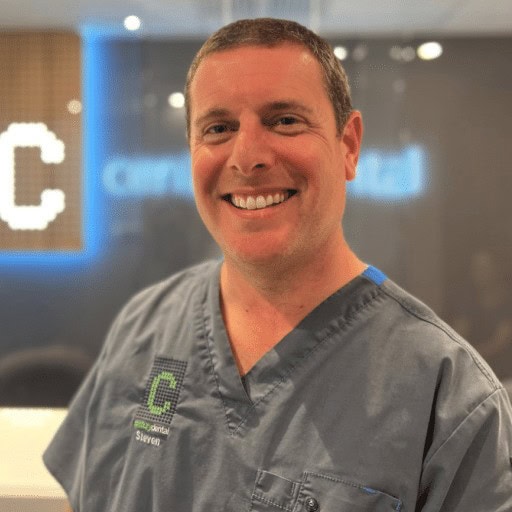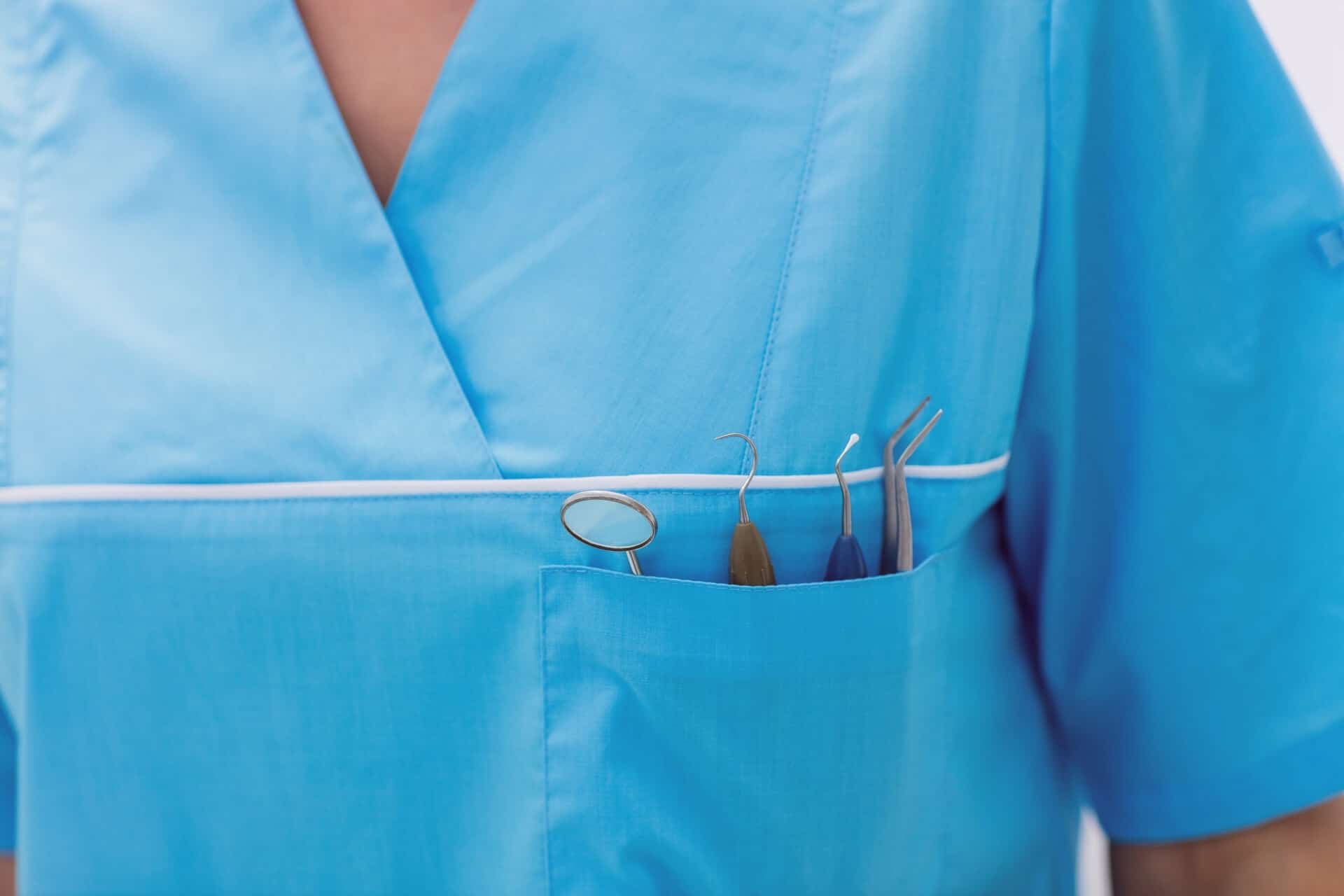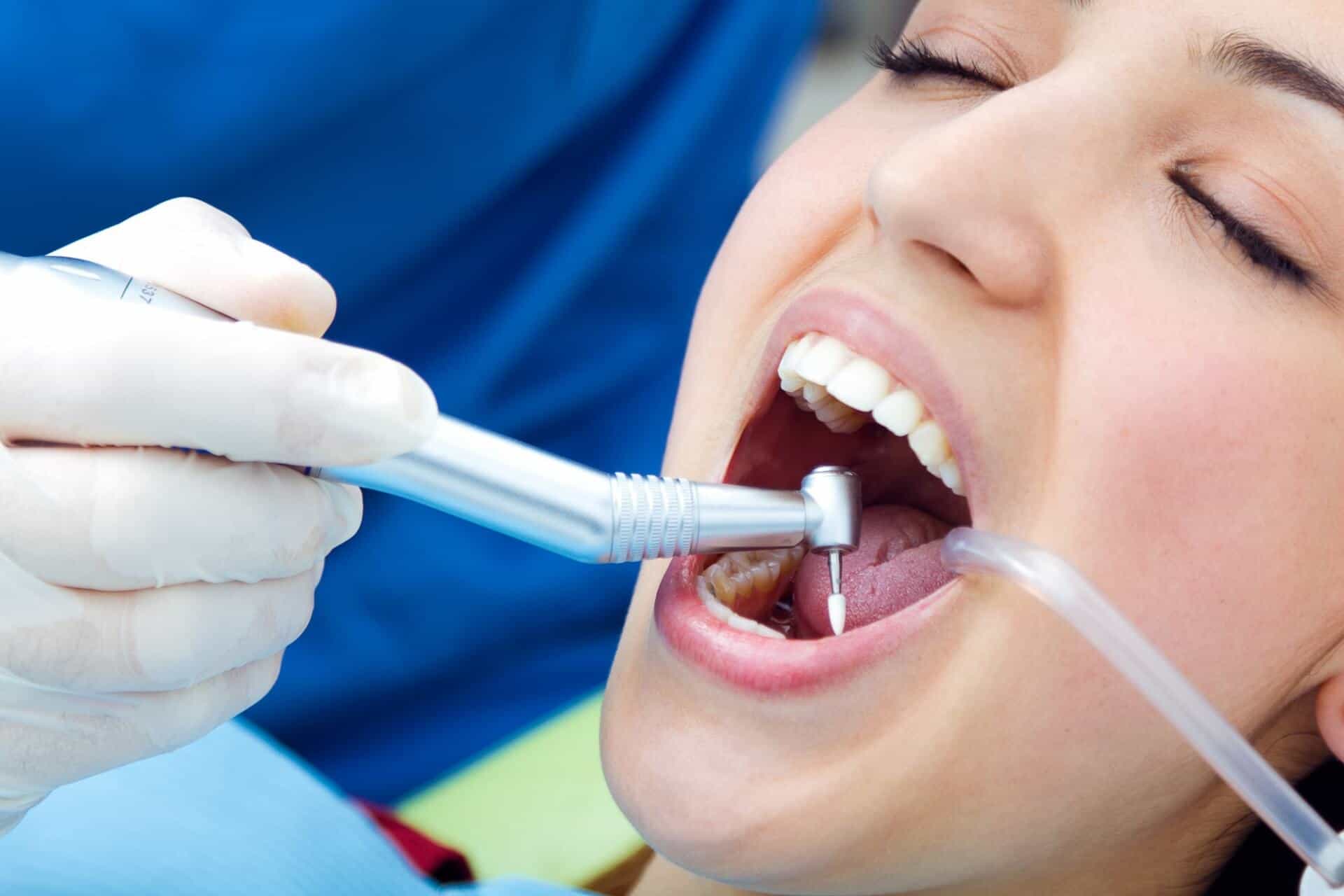As an experienced dentist in Balwyn, I often get asked if it’s better to brush teeth before or after breakfast. It’s a valid concern, given that your morning oral hygiene routine sets the tone for your dental health throughout the day. In this article, I’ll cover both choices and explain why brushing before breakfast might be better for most people.
If your teeth look and feel dirty, and you suspect a plaque and tartar build-up, learn more about our professional teeth cleaning services here.
Brushing Before Breakfast
Brushing your teeth first thing in the morning, before eating, is good for a few reasons. Overnight, plaque and bacteria build up in your mouth. This is what causes the oft-dreaded morning breath.
When you eat breakfast without brushing, the foods you eat can add to the bacteria, giving them more time to eat away at your teeth. Brushing before breakfast clears this away, lowering the chance of cavities and gum disease. It also shields your enamel from acids in breakfast foods and drinks.
When you brush first thing in the morning, you also jump-start your saliva production. Your saliva helps your food break down and naturally kills harmful bacteria in your mouth.
Brushing After Breakfast
If you brush your teeth immediately after eating breakfast – realistic in today’s busy world – you risk doing more harm than good. This is because the acid in common breakfast foods like toast, fruit, juice and coffee can soften the enamel layer of your teeth. Brushing too soon after eating can harm your enamel in this weakened state.
The benefits for brushing after breakfast are that it removes food particles and plaque, and the protective fluoride will last longer into the day. However, it’s strongly recommended to wait at least 30 minutes after eating breakfast before doing so. You should also rinse your mouth with water or chew sugar-free gum to help neutralise acids and protect your teeth before you brush.
Dr Steven Rostkier’s Recommendation
A lot of my patient’s lives don’t allow enough time that they can consistently wait 30 minutes after breakfast before brushing. If this is you, then I recommend brushing your teeth first thing in the morning before eating. With this routine, you won’t skip brushing your teeth due to time. And you’ll be cleaning away overnight bacteria and plaque and shielding your teeth from breakfast acids.
If however, you work from home or are retired and have the time each day to wait 30 minutes after eating before you brush, then you can safely use this routine. Just make sure you rinse your mouth with water after eating, and try to stay away from acidic foods and drinks… but you should be doing that with either routine!
Further Considerations For Your Morning Dental Routine
What You Eat For Breakfast Has a Big Impact On Your Dental Health
While we all have our breakfast favourites, some choices are better than others for our dental health. To maintain strong and healthy teeth, try to include foods that are low in acid and sugar. Knowing what to eat and what to avoid can keep your teeth and gums safe. Here’s a guide to the best and worst breakfast foods for a healthy smile.
Good Breakfast Foods for Teeth:
- Whole Grain Toast: It’s full of complex carbs and low in sugar, so it’s less likely to cause tooth decay than white bread or pastries. Plus, its fibre boosts saliva flow, which cleans your teeth naturally.
- Almonds: These nuts are great for teeth because they have lots of calcium and protein but little sugar. A handful of almonds can make your teeth stronger.
- Dairy Products: Milk, cheese, and yogurt are good for teeth because of their high calcium, which strengthens teeth. They also balance your mouth’s pH, lowering cavity risk.
- Eggs: They’re full of vitamins and minerals, good for overall and dental health. Eggs offer protein and phosphorus, key for strong teeth.
- Fresh Vegetables: Crunchy veggies like carrots and cucumbers can clean your teeth a bit and are full of important vitamins and minerals for healthy gums.
Bad Breakfast Foods for Teeth:
- Citrus Fruits: Oranges and grapefruits have lots of vitamin C but their acids can wear down tooth enamel. If you eat them, do so sparingly and rinse your mouth after.
- Pastries and Sugary Cereals: High-sugar foods feed harmful mouth bacteria. These bacteria create acids that harm your teeth.
- Sticky Dried Fruits like raisins stick to teeth, creating a sugary environment that boosts bacterial growth and cavities.
Acidic Beverages: Drinks like orange juice or coffee are acidic and can erode enamel over time. Use a straw to keep them away from your teeth. - Bread and Jellies: White bread and sweet jellies break down into sugars that can cause cavities. Choose whole grain bread and sugar-free spreads instead.
If you do eat sugary and acidic foods and drinks for breakfast (For example, I quite enjoy a morning coffee) then brushing your teeth first thing in the morning is probably the best option for you.
Building a Regular Oral Care Routine
Brushing twice a day and flossing daily will go a long way to protecting your teeth. When it comes to your evening routine, the answer is more clear – brush 30-60 minutes after dinner, right before you go to bed. This will minimise the amount of bacteria and plaque that builds up while you sleep. Use an electric toothbrush if you can as these are more effective at removing plaque and bacteria.
Regular Dental Check-Ups
Routine dental visits are your insurance policy for your teeth – after all, you’ll need them for your entire life! Your dentist will provide professional cleaning, catch dental issues early, and give advice specific to you. I suggest a check-up at least twice a year to ensure your teeth and gums are healthy.
Get the Best Dental Advice in Melbourne
If you want some more tips on when to brush your teeth, you can get the best information from the pros at Dr Rostkier Dental by contacting us here.
Or if you’re in Melbourne and concerned about the health of your teeth or gums, or are due for a checkup, schedule a dental appointment today.
